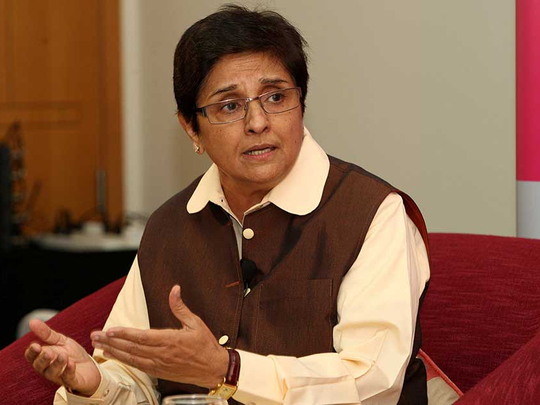
The demand for the removal of governor’s position in India is not new, but the renewed call by the chief ministers of Bihar, West Bengal and Delhi, Nitish Kumar, Mamata Banerjee and Arvind Kejriwal, respectively, is appropriately timed as the governors have erred more often than believed, leading to constitutional crises and impairing the already fragile relationship between the central and state governments.
The recent events in Arunachal Pradesh and Uttarakhand are perfect examples of how politicised, vicious and partisan the office of the governor has become, especially affecting the smaller states where governors take undue advantage of the internal rumblings within the ruling party, to help their political masters. It was by no means within the purview of the governor to play kingmaker in a state whose ruling party is plagued with internal strife. However, in both the states in the recent past and even earlier, governors have played partisan roles, thereby fomenting a constitutional crisis and subverting the idea of development in the states.
Every time a new party comes to power at the Centre, there is a covert eagerness to remove the present governors by the new dispensation, thereby trying to put pressure on the respective chief ministers, perceived to be unfriendly to the newly-appointed incumbents. Since coming to power at the Centre in 2014, Bharatiya Janata Party (BJP) has appointed and removed as many as 20 governors and most of them are political appointees, handing out plum positions to those who have contributed to the party or promoting them in an attempt to remove obstacles for new-generation leaders.
While it is BJP that finds itself in the dock on this occasion, the Congress party is equally responsible and this culture of politicising the governor’s post was initiated by former prime minister Indira Gandhi, who had repeatedly used the high constitutional office to serve political ends to suit her needs.
Since her time, the office of the governor has become a position of political one-upmanship, a post-retirement posting, or a reward for sycophancy towards the Gandhi family. Governors in India enjoy palatial homes, offices, elaborate entourages with little accountability to the people as they operate on the fringes of the Indian Constitution.
The office of the governor has lost its credence over the years and has become an institution through which the central government maintains its hegemony over states.
Time and again, there have been repeated calls to reform the position and powers bestowed upon the governor, who is largely seen by many as a burden on the exchequer, without any accountability or effective administrative powers. Many had suggested creating collegiums whereby both the centre and the state will have equal rights in choosing the person. Moreover, people with direct political links should be left out or should have a cooling-off period of at least three years before they are appointed as governors.
There are instances, where people who were chief ministerial candidates of political parties were made governors, just to remove them from the political scene or shield them from likely investigations by giving them a constitutional post. For instance Sheila Dikshit was made governor of Kerala, following her party’s defeat in the Delhi assembly elections in 2013. Similarly, Kiran Bedi, who was the BJP’s chief ministerial candidate for Delhi elections in 2015, was later made Lieutenant Governor of Pondicherry.
There have been several instances where the position of the governor has been misused for individual or political needs of parties. Yet, until now, despite unsparing criticism by India’s Supreme Court, politicians have refused to reform.
The demand to abolish the post has been growing ever since. After almost 70 years since India’s Independence, the need for the position of the governor to act as a unifying body with that the federal system has lessened. When the Constituent Assembly of India was debating and drafting the Constitution, between 1946 and 1949, the country had just been formed. There were fissiparous predispositions amongst many and the governors acted as the eyes and ears of the Central Government in the states through periodic reports.
At present, mostly the whole of India is at peace with the identity of a Union and the role of the governor has been substantially reduced, whereby it is used to destabilise the Constitution rather than upholding it.
Narendra Modi, during his tenure as chief minister of Gujarat, had himself often agitated against the then governor, Kamala Beniwal, sighting him as an obstructionist towards his development goals. Modi will now surely understand the positions of the three chief ministers who favour abolition of the governor’s post and there is a real chance of changing the system for good.
Archisman Dinda is a journalist based in Kolkata, India.









